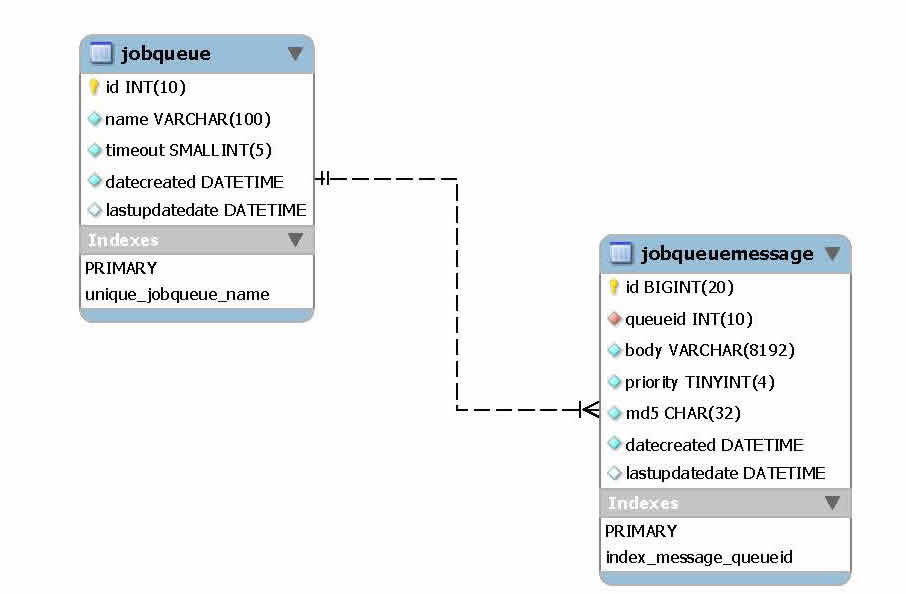A couple of weeks ago Friday, I shared lessons from my life in technology with a team of upcoming software developers, Life in the Tech Lane, and I got a number of follow-up questions like the one below. On reading the questions, it spurred this post as the responses needed to be long form
For that matter I got a number of questions that I would like you to address that I couldn’t easily ask yesterday. These are the questions that I have:
How did you know that software delivery is your thing, amongst all the various options?
My first taste of technology related work was in my S.6 vacation at an email service firm where I helped develop UNIX training materials, setup & troubleshoot modems for email services, and my initial foray into server scripting. I worked on this through my undergraduate course, even when I worked in a civil engineering consultancy it was all software related work. I was hooked, to the problem solving, creation of digital solutions & learning that came along with the work, making my life very interesting.
Over time, I have embraced the challenges of having to develop solutions quickly, train users, support them as products evolve, which has kept me in the line of work.
I also tried management, and found out it was not for me thus came back in the trenches. However I come with a lot more value, I understand the needs of executives in a sector, can put myself in the eyes/place of a user and have a good handle on technology.
Overall it seems like software delievery chose me, I am still engaged 20+ years later, and see a future as an older software developer/engineer by evolving myself and skillsets to maintain relevance
Why PHP and not the other languages, I mean there is a number of new technologies and spaces being created everyday, why stick to the”old” one PHP?
I started programming in UNIX shell scripting, Turbo Pascal, Visual Basic 6 and Visual Basic for Applications (for Excel), Java 1.1 & 1.2. At the time of Java we were building enterprise web applications, however deployment was a challenge which was how one of the clients introduced us to PHP.
This is a language made for the web, with lots of libraries through PHP Classes, Stack Overflow and other sites. The frameworks, Symfony, Code Igniter, Yii simplified the process of building and maintaining custom web applications. Addoitional solutions, such as CMSes (Joomla, Xoops, WordPress) were the foundation for website development.
I used PHP for over a decade, during which I became familar with the language, quirks (that were reduced in versions 5.6 and the 7.x series), thus it became a familiar tool which I can keep using within the space for my current and future work.
I have also learnt and used Python, Ruby on Rails, Java 8 (which I use in my day job), however I find the PHP language my tool of choice to provide technology solutions as it aligns with how I solve problems. This has been made easier with the Laravel framework, which provides a great eco-system with alot of existing tools & solutions, so I can focus on business problems rather than tech and tooling.
What advice would you give me as a young profession who is in the early days of formal employment in the tech industry. I have a challenge about my career path or direction. I want and I feel more joy when doing data science/analytics work but I have failed to get the opportunity of pursuing that space and it’s for that reason that I have taken on the software development path as these are the opportunities that have been available, it’s not that I don’t enjoy it, I do but my utmost passion is data science. What advice would you give me regarding that?
- The best way to predict the future is to create it. A future in technology is easier to create leveraging opensource tools and technologies – thus if you want to do data science, I would suggest picking a problem you are passionate about and spend your personal development time growing it, working on it, writing about it (you need to share your lessons and paths) so that you keep growing
- Find opportunities within your current employer for the data science/analytics work – if opportunities do not exist, create them by talking to your colleagues, taking part in meetings/discussions or even starting the discussions on leveraging data science/analytics within your organization
- Take time to get better at the role you are hired to do, as that can provide the basis to growth and opportunites being taken on you
- Join local meetups and activities around data science/analytics to grow your network
- Take courses on your chosen path to ensure you are ready to take up any opportunities that come up
- Be persistent in finding opportunities along your chosen, do not give up it may take longer than expected


